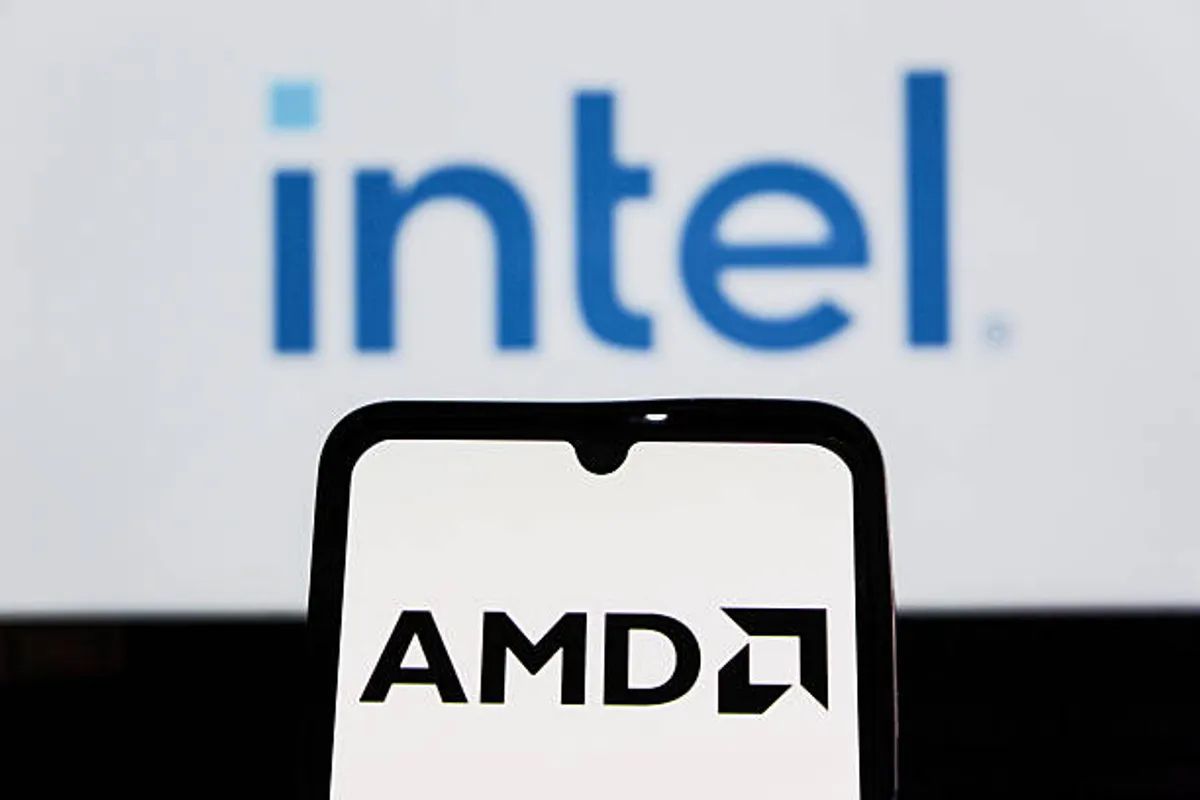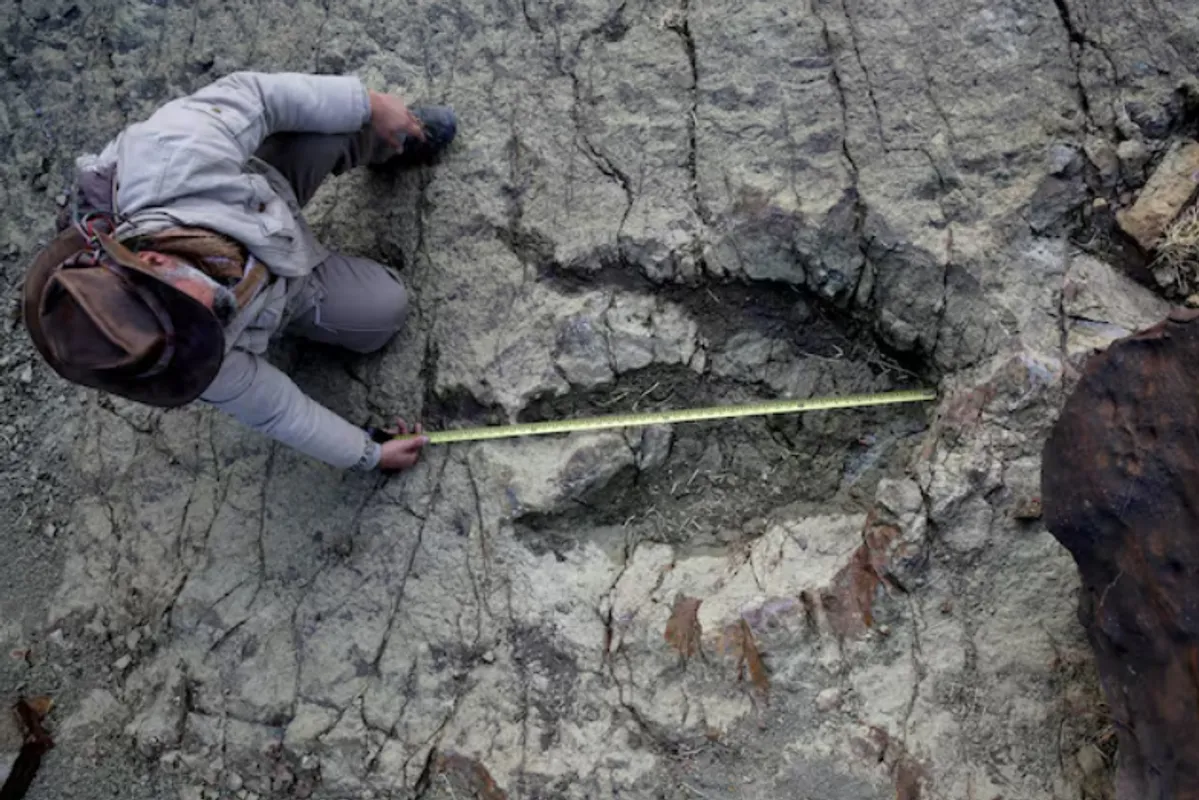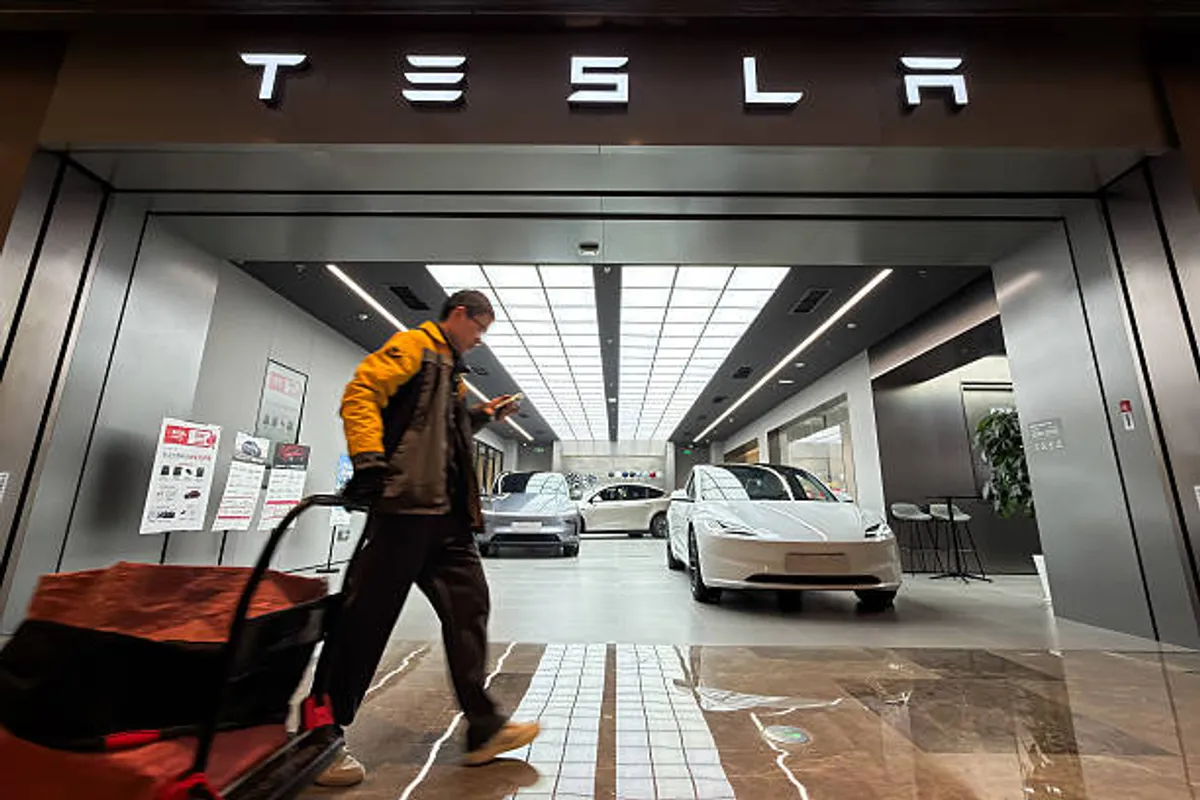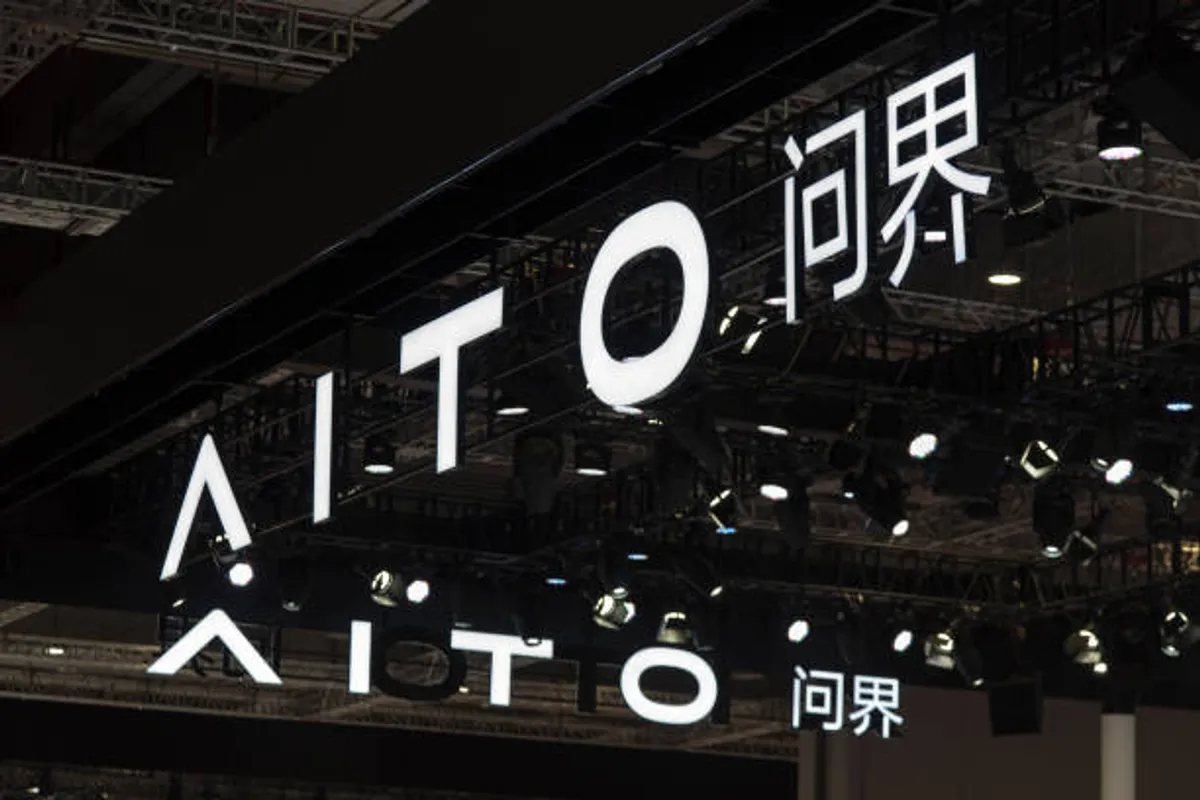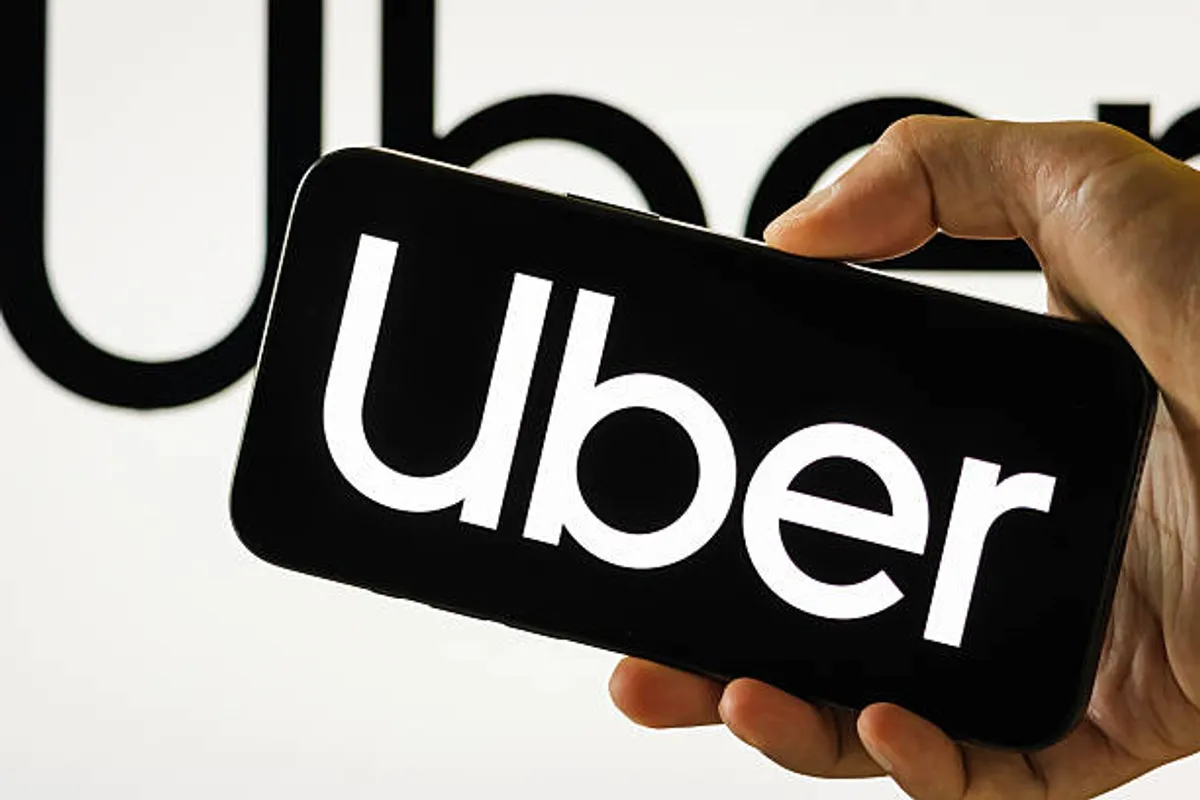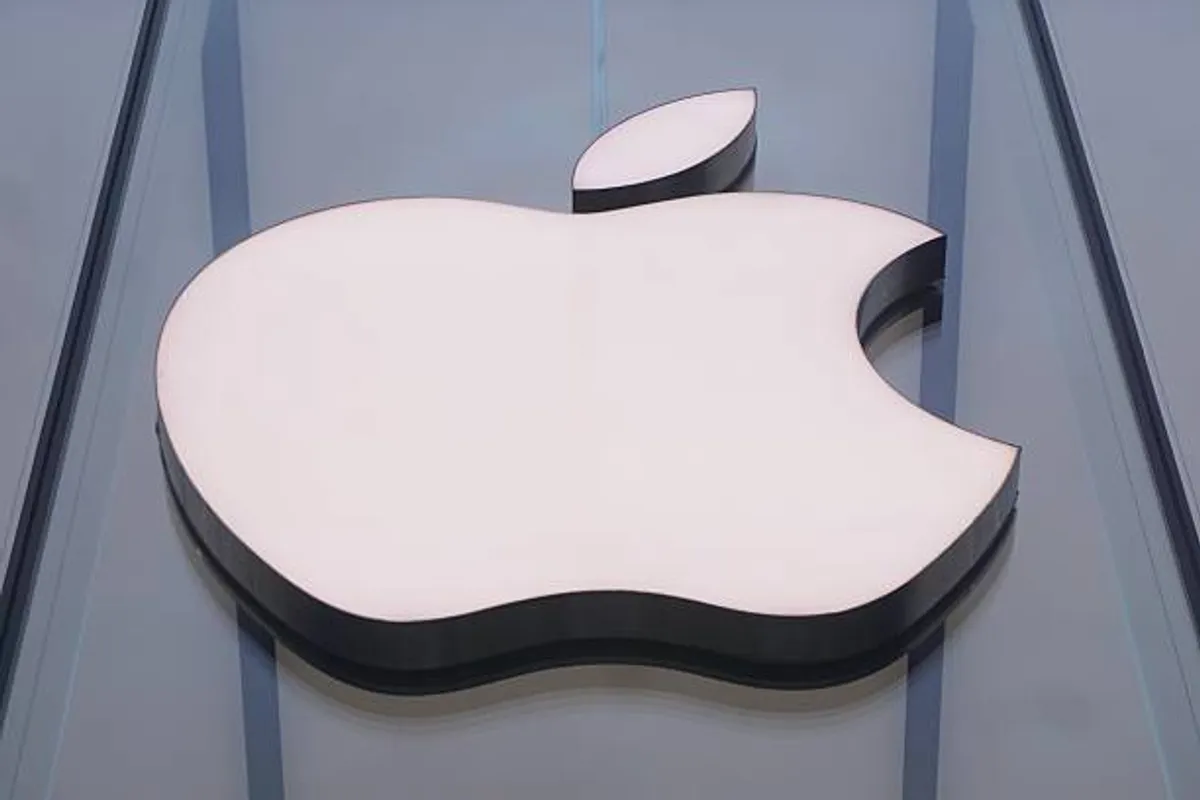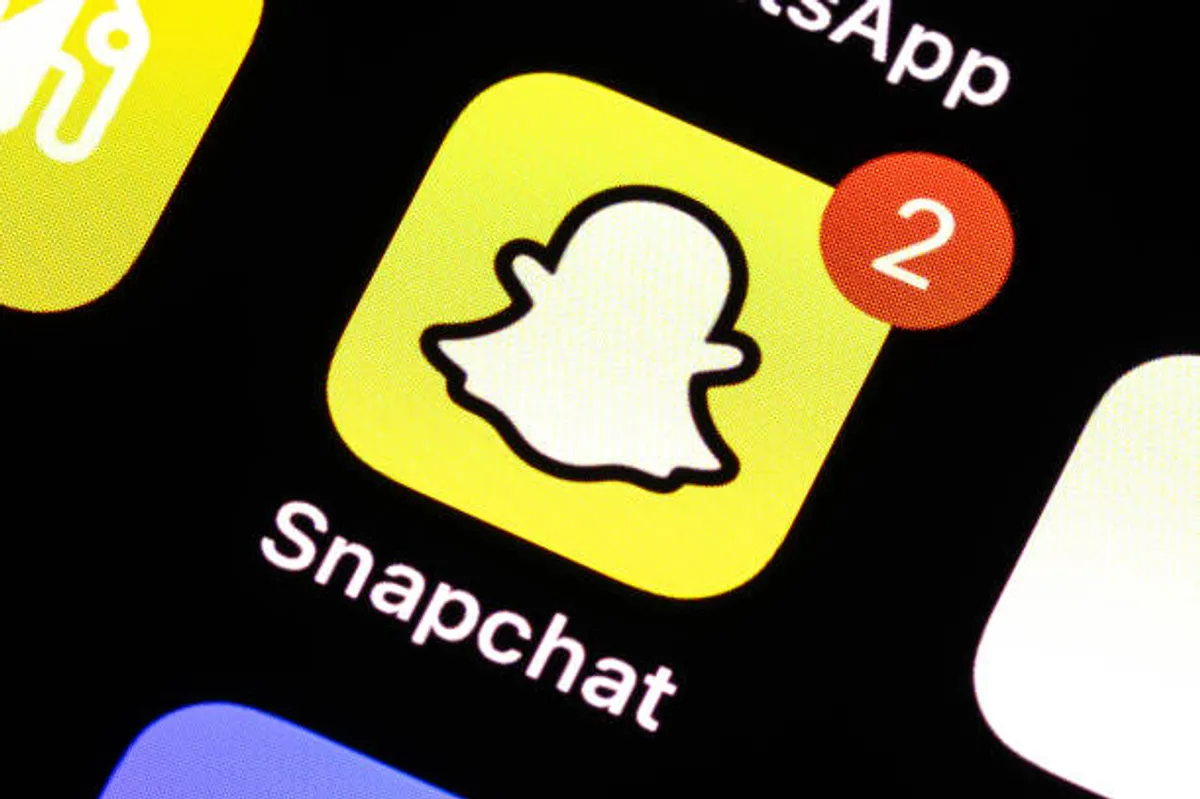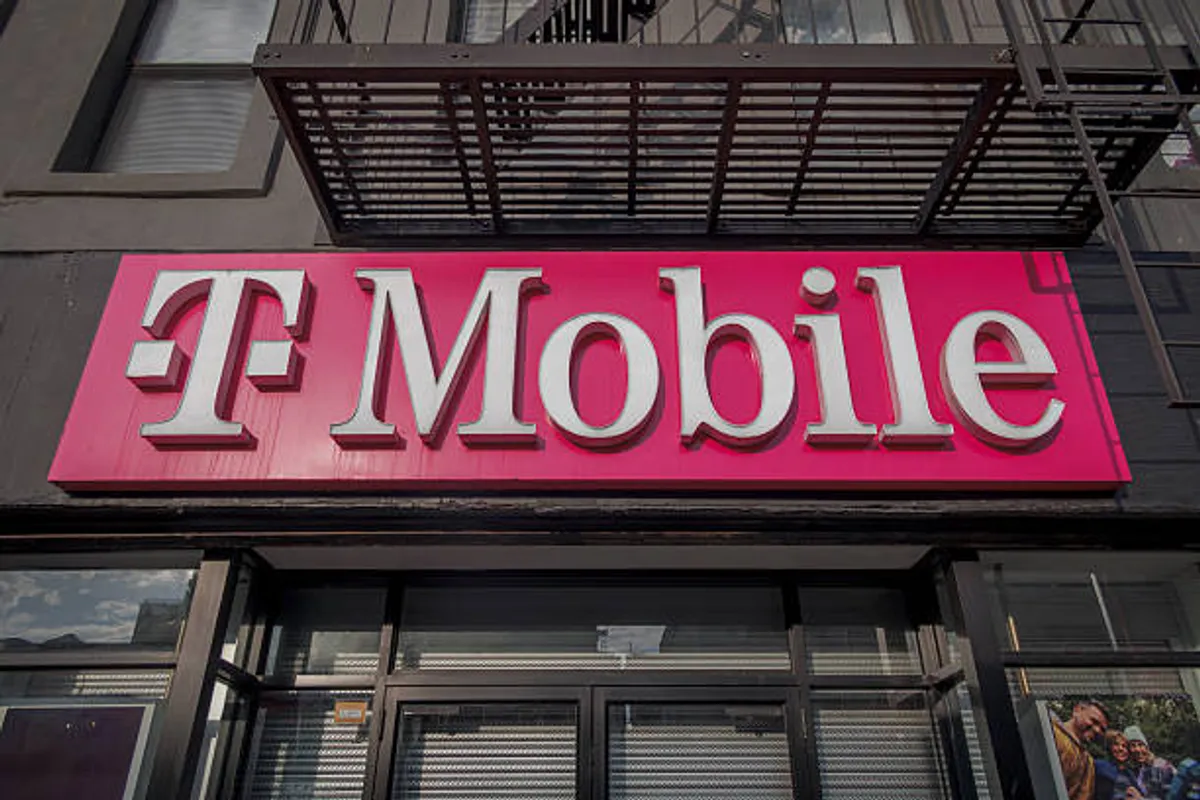Trump Family's World Liberty Financial Severs Ties with Key Investor Justin Sun Amid Token Trading Controversy

GeokHub
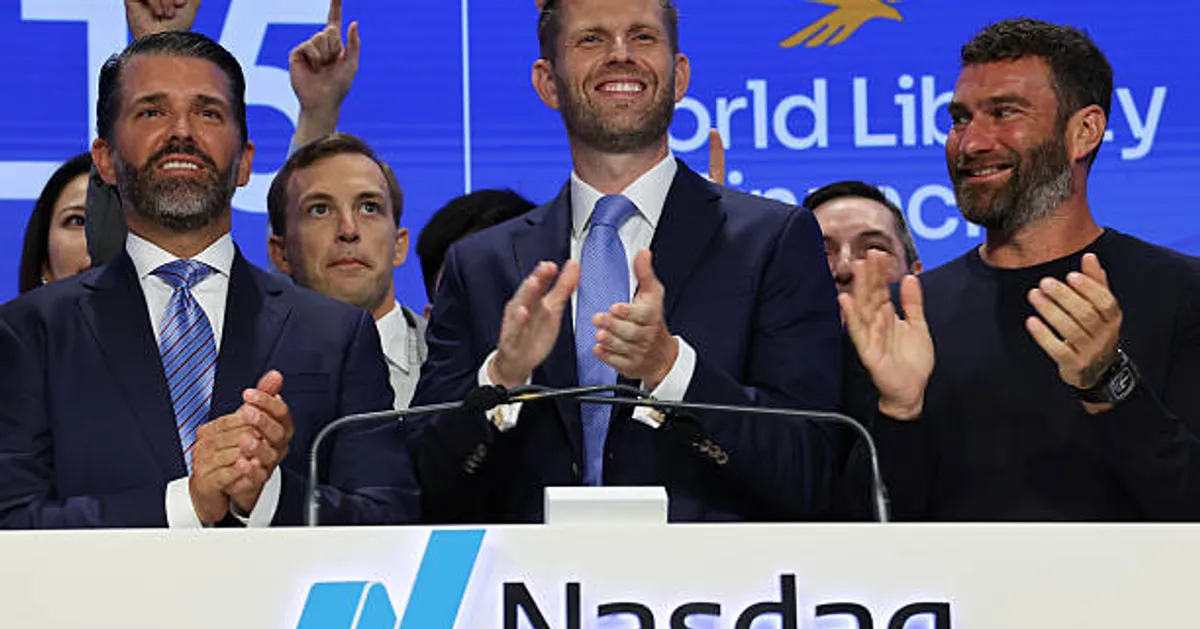
A Dramatic Fallout in the Crypto Arena
In a stunning development shaking the cryptocurrency world, World Liberty Financial (WLF)—the decentralized finance (DeFi) platform spearheaded by President Donald Trump and his family—has abruptly frozen the investment of its once-celebrated backer, Justin Sun. The Hong Kong-based crypto mogul, founder of the Tron blockchain and a pivotal figure in reviving the project’s fortunes, now finds himself locked out of accessing the $WLFI tokens he poured tens of millions into. This break, occurring just as WLF’s governance token debuted on major exchanges, underscores the volatile intersections of family business, political influence, and digital assets in the Trump era.
The Rise and Sudden Fall of Justin Sun’s Involvement
Sun burst onto the scene for WLF in late 2024, injecting $30 million into the project’s pre-sale phase ahead of the U.S. presidential election—a lifeline that propelled fundraising momentum. By January 2025, he had escalated his stake to $75 million, earning him a prominent advisory role and public praise from WLF executives. At the time, Sun’s investment was hailed as a game-changer, especially following the SEC’s unexpected pause of its securities fraud lawsuit against him in February 2025, which fueled speculation of favorable ties amid Trump’s pro-crypto administration.
Yet, this week marked a sharp reversal. As $WLFI tokens finally became tradable on platforms like Binance, Bybit, and OKX, WLF invoked a rare “blacklisting” mechanism to freeze Sun’s holdings. This blockchain-enforced restriction prevents him from selling, transferring, or utilizing his tokens, effectively debanking him within the very DeFi ecosystem WLF champions as an alternative to traditional financial exclusion. The move has ignited backlash, with critics drawing parallels to the “debanking” the Trump family has long decried as a motivator for entering crypto.
Sun, who also scooped up significant shares of the Trump family’s $TRUMP meme coin earlier in the year—securing him an invite to a high-profile dinner with the president—has remained silent on the rift. WLF’s decision, however, appears tied to internal governance votes and compliance concerns, though specifics remain shrouded. Industry observers note that blacklisting is a tool typically reserved for law enforcement compliance, such as freezing illicit funds, but its application to a major investor like Sun raises questions about selective enforcement in a project already scrutinized for centralization.
WLF’s Structure and the Trump Family’s Dominant Stake
Launched in October 2024 amid Trump’s campaign, World Liberty Financial positions itself as a “crypto banking platform” enabling users to borrow, lend, and invest in digital assets without intermediaries. Co-founded by Donald Trump Jr., Eric Trump, Barron Trump, and allies like Zach Witkoff (son of Trump’s Middle East envoy Steve Witkoff), along with crypto entrepreneurs Chase Herro and Zak Folkman, the project has amassed over $550 million in token sales. These non-tradeable $WLFI governance tokens grant holders voting rights on protocol changes, though experts decry the setup as unusually insider-favoring.
The Trump family, through an entity holding a 60% controlling stake, commands 75% of net revenues from token sales and 60% from operations—entitling them to roughly $400 million from fundraising to date. An additional 22.5 billion tokens are allocated to the family, valued at billions on paper post-launch, though locked from immediate sale. This arrangement has drawn fire from academics and DeFi analysts for undermining the decentralized ethos, with one Georgetown professor quipping it’s “hard to see any economic benefit” for everyday token holders beyond symbolic influence.
Broader Implications and Ethical Storm Clouds
This founder-investor schism arrives as WLF expands aggressively. Recent highlights include a $2 billion stablecoin (USD1) deal with Abu Dhabi-based MGX for Binance investments, potentially netting $85 million annually in Treasury yields for the platform, and partnerships like a $25 million token buy from Dubai’s DWF Labs—despite the firm’s past fraud allegations. Eric Trump has touted these as steps toward “democratizing finance,” echoing the family’s narrative of overcoming banking biases post-2020.
Yet, the freeze on Sun amplifies ethical red flags. With Trump appointing crypto allies like Paul Atkins to helm the SEC and issuing executive orders for a national Bitcoin reserve, critics argue WLF blurs lines between policy and profit. Watchdogs like CREW and Common Cause warn of “influence peddling,” where foreign or dubious investors could funnel funds to the Trumps via tokens, only to face exclusion if deemed inconvenient. The project’s non-political disclaimer rings hollow amid Trump’s July GENIUS Act, the first major U.S. crypto law, which eases regulations benefiting WLF.
For the crypto community, this episode tests WLF’s “narrative of accessibility,” as Galaxy Research’s Alex Thorn put it. Token prices dipped from a 32-cent peak to around 22 cents shortly after debut, reflecting investor jitters. As the Trumps’ crypto empire—encompassing meme coins, Bitcoin mining via American Bitcoin, and stablecoins—balloons their net worth by billions, this break with Sun serves as a stark reminder: In the high-stakes game of DeFi, even key players can find themselves on the outside looking in.
What Lies Ahead for Investors and the Industry
- For Token Holders: Early buyers like Sun can trade only a fraction of holdings initially, with full liquidity phased in. Monitor governance votes for blacklisting precedents.
- Regulatory Watch: Trump’s deregulatory push could shield WLF, but SEC scrutiny on insider deals looms, especially post-Sun’s SEC case pause.
- Market Outlook: With $WLFI trading at premiums over initial 1.5-cent sales, upside potential exists, but volatility and centralization risks persist.
- Ethical Reckoning: As family ventures like Trump Media’s $2 billion Bitcoin hoard grow, calls for divestment or transparency intensify.
This saga encapsulates the Trump family’s audacious pivot to crypto: A blend of innovation, opportunism, and controversy that promises to define 2025’s digital frontier.

